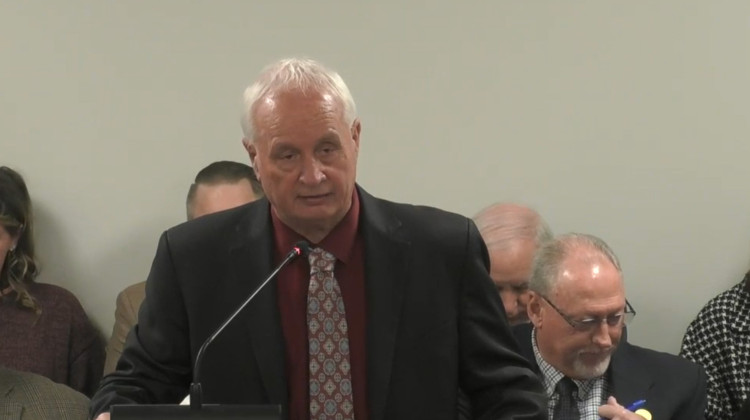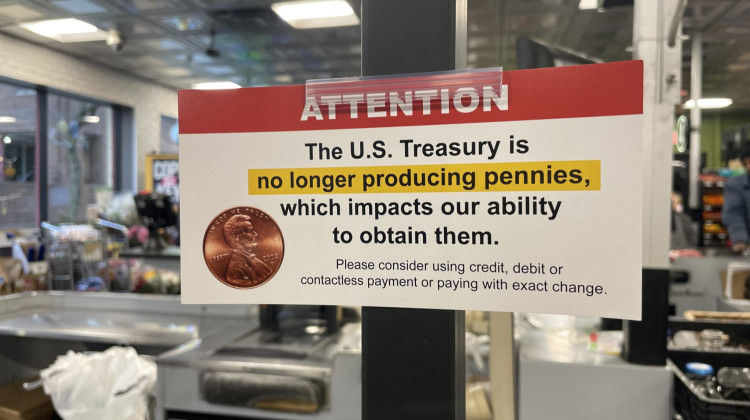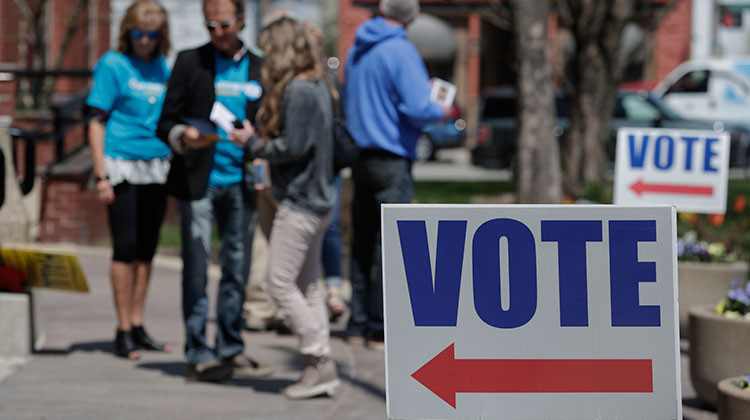A new study from Butler University shows the benefits of hiring workers who have a criminal history.
The study, made public this week, found that those who have committed crimes in the past perform no worse on the job than workers who don’t have a criminal history. Specifically, those who have felony convictions perform better in larger work environments, and those with less severe misdemeanor convictions progress more in smaller settings.
Butler economics professor Kathy Paulson Gjerde was the lead investigator for the study. She
said it’s important that the formerly incarcerated find jobs, as those who don’t are much more likely to reoffend.
“Especially if they don't get a job, the recidivism rate is very, very high, then when we don't actively try to help these people to adjust to being back in society, then what's going to happen is they go right back,” Gjerde said. “Then that becomes another burden on society in terms of supporting people in the correctional system.”
The number of individuals in prison increased dramatically over the years, Gjerde said, with the national prison population increasing by about 400 percent from the 1980s to 2018.
“If you don't do something about this, it's a drain on the community in terms of the spending that's needed to support such a large and expanding correctional system,” Gjerde said.
Gjerde said there is a need for workers to fill entry level positions, and the growing number of individuals who have been incarcerated are well-equipped to do so.
Those with felony convictions perform better in larger work environments, according to the study. Gjerde said this could be because these workers are likely more motivated to get back on their feet and provide for themselves and their families.
Individuals with misdemeanors overall performed better in smaller workplaces. Gjerde hypothesizes that a larger environment may allow workers to slip through the cracks and not have enough engagement with other workers or have the resources to reach their full potential.
“These people can be productive, if you could bring them in the right way, and they're in the right environment,” Gjerde said. “You can basically help not just these individuals, but you can help the broader community as well.”
Jim Cotterill, president of Unite Indy, a local nonprofit that aims to help those with a criminal history, emphasized that mistakes the formerly incarcerated made in the past should not dictate the opportunities they are given.
“The people we're talking about are not the mistake they made,” Cottterill said. “That was a mistake they made in the past, they realize that now, and they want to move on with their lives.”
The study looked at a sample size of more than 800 workers at five logistics and food manufacturing companies of varying size in Central Indiana. It was funded by Allegiance Staffing, Unite Indy and the International Warehouse Logistics Association.
Gjerde and Cotterill both said the work ethic of the formerly incarcerated is greatly under researched. Gjerde said she hopes more research can be done beyond Central Indiana and on a larger, national scale.
“Let's take this farther, let's take it regional or national and study more companies and bigger numbers and see if we get the same results or better,” Cotterill said.
Contact WFYI criminal justice reporter Katrina Pross at kpross@wfyi.org. Follow on Twitter: @katrina_pross.
Pross is a Corps Member of Report for America, an initiative of The GroundTruth Project.
 DONATE
DONATE







 Support WFYI. We can't do it without you.
Support WFYI. We can't do it without you.